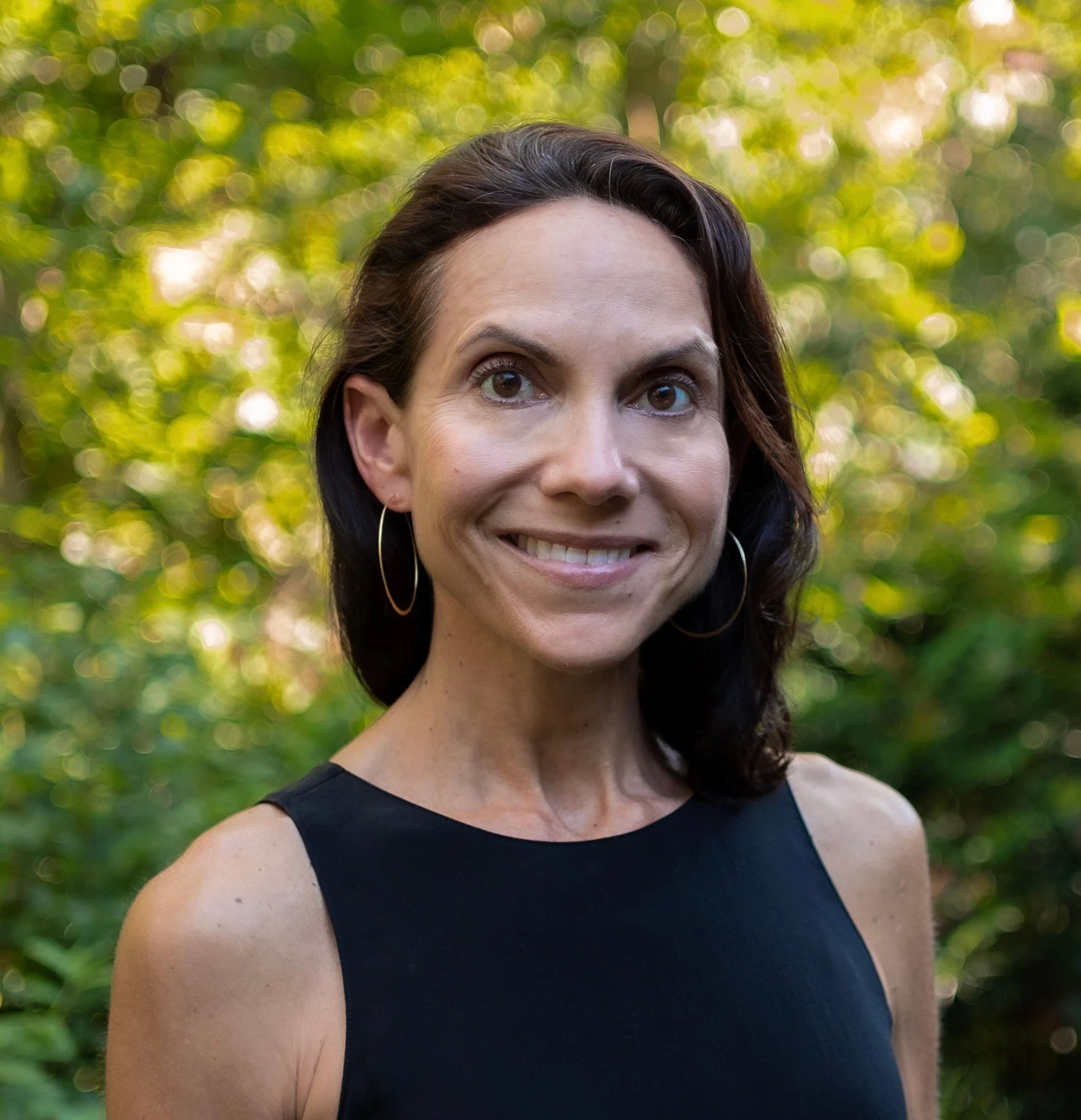 Crystal earth ball on soil in a forest with ferns and sunlight
Crystal earth ball on soil in a forest with ferns and sunlight
The 28th United Nations Climate Change Conference, or COP28, kicks off this week and continues through December 12 in Dubai, the United Arab Emirates, with a growing urgency to increase action for meaningful change.
For the first time, the UN will take stock of its progress against the three goals of the Paris Agreement (climate change mitigation, adaptation, and finance commitment) through a report card or “global stocktake” —scheduled to take place every five years—the first of which will conclude at COP28. It is expected to show implementation of the Paris Agreement is lacking across all areas and we are not on track to limit global warming to 1.5 degrees Celsius.
The stocktake also points to "a growing gap” between the needs of developing countries for adaptation efforts—which UN Secretary-General António Guterres calls an "adaptation emergency"—and action to mobilize and provide support to protect people from climate extremes. It calls for the unlocking and redeployment of trillions of dollars to take action against climate change and implement climate-resilient development.
To be specific, that growing gap to fund the climate transition equates to the difference between the $100 billion annually committed by donor countries and the more than $2.4 trillion needed per year by 2030 . COP28 President Dr. Sultan Al Jaber says mobilizing the trillions necessary to fund the climate transition won’t happen “without a concerted effort from governments, international financial institutions, and the private sector to reform the current financial architecture and better align global and domestic financial flows with the world’s climate goals.”
Following COP27, Global Director of the World Bank's Infrastructure Finance, PPPs & Guarantees Group Imad N. Fakhoury said: “(The Bank and it's donor-funded partnerships) are laser-focused on helping countries translate climate action objectives into concrete investment plans and bankable project pipelines. To accomplish this, we bring to bear the full suite of World Bank, IFC, and MIGA financing instruments and capacities to unlock larger volumes of private finance for quality, sustainable, climate-smart infrastructure.”
The World Bank Group delivered a record $38.6 billion in climate finance in FY 2023, a 22% increase over the previous year and totaling 41% of total World Bank Group financing.
Backed by our revamped vision of creating a world free of poverty on a livable planet, the World Bank has a full schedule of discussions and live events planned at COP28.
For all our PPP and infrastructure finance experts, we have several relevant events that will address how to better leverage private finance for sustainable infrastructure. We would like to invite you to attend, tune into, or replay these important conversations:
*Recordings of these events will be available on each of their pages shortly after each ends.
Carbon Action Forum: Leveraging Carbon Markets to Mobilize Private Capital
Tuesday, December 5, 11:00-11:45 GST (5 hours ahead of EST)
Carbon markets have the potential to reduce the cost of implementing countries’ Nationally Determined Contributions (NDCs) and accelerate the transitions needed for decarbonization by mobilizing private sector resources. While carbon markets are growing, they remain fragmented and carry high transaction costs. This event will launch the Carbon Action Forum, a group of potential buyers and sellers to identify challenges and co-develop solutions to help scale markets. The Forum, partially funded by the Global Infrastructure Facility (GIF), will be a global initiative anchored by the government of Singapore with the World Bank serving as virtual secretariat.
Climate-Smart Public-Private Partnerships (PPPs) – Building Low-Carbon and Resilient Infrastructure in Partnership with the Private Sector
Wednesday, December 6, 15:40 GST
The World Bank’s suite of toolkits—the Climate Toolkits for Infrastructure PPPs (CTIP3)—were developed to assist EMDEs to screen for climate risks and opportunities and integrate climate mitigation and adaptation approaches into the earliest phases of PPP advisory work. Jointly organized by the Public-Private Infrastructure Advisory Facility (PPIAF), the Global Infrastructure Facility (GIF), and IFC, this interactive capacity-building event offers another opportunity to get to know our PPP toolkits for renewable energy, transport, and digital development, especially for infrastructure stakeholders looking for guidance on their journey towards climate-smart PPPs.
Green Hydrogen: Powering the Climate Transition
Friday, December 8, 9:30–10:30 GST
Achieving the transition to net zero requires technological innovation. Green hydrogen can potentially be a key driver in the energy transition but requires substantial investments from both the public and private sectors. This panel will showcase the contribution of green hydrogen as innovative technology and discuss opportunities from the perspective of panelists spanning emerging market governments, the private sector, and enablers with a focus on how to make green hydrogen projects bankable for private investment. This event is being organized by the Global Infrastructure Facility (GIF) and will be moderated by its head, Astrid Manroth.
Private Sector Mobilization for Climate: Why a Pipeline of Bankable PPPs Matters
Friday, December 5, 14:00–14:45 GST
Investors and financial institutions have signaled that building a pipeline of viable and bankable projects is one of the largest hurdles to attracting the critical investment and finance in climate infrastructure. This discussion will focus on the solutions and tools available on the market.
Related Posts
Introducing the sector-specific climate toolkits for infrastructure PPPs
Building climate-resilient roads with the help of MIGA guarantees
Tools for PPP practitioners: A missing link between climate pledges and action
The quest to fill the infrastructure financing gap for people and planet
Green Hydrogen: A key investment for the energy transition
A new resource at a pivotal moment: PPP Climate Toolkit for Infrastructure


Join the Conversation